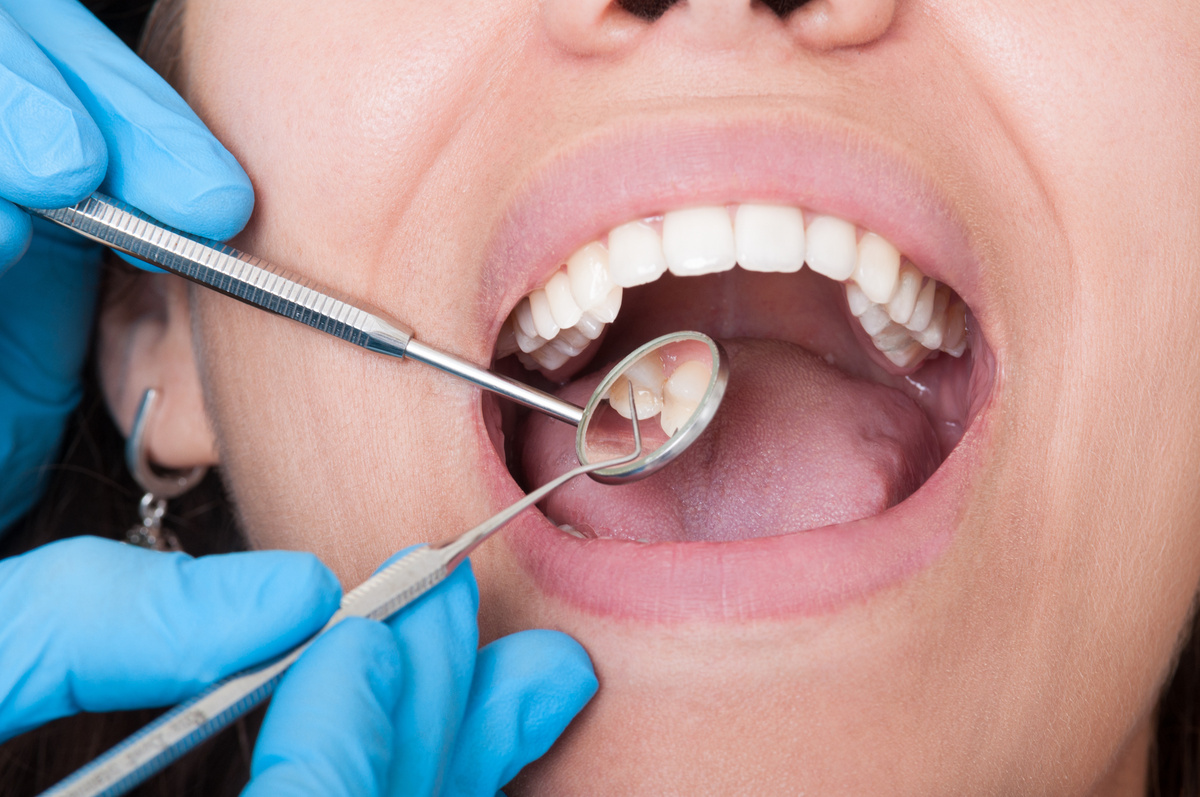717 Newfield St. Middletown, CT 06457


Last Updated: May 20, 2025
Medically Reviewed By:
Dr. John Pavlakis, Cosmetic Dentist
Dental anxiety is a common hurdle that many individuals face, often preventing them from seeking essential oral care. In this comprehensive guide, we delve into the roots of dental anxiety and provide practical strategies to help you overcome it. Let’s transform your dental visits from a source of stress into a positive and fear-free experience.
Understanding Dental Anxiety:
To conquer dental anxiety, it’s crucial to understand its origins. Whether it stems from past negative experiences, fear of pain, or general apprehension, identifying the root cause is the first step towards addressing it.
Open Communication With Your Dentist:
Establishing open communication with your dentist is key. Share your fears and concerns so that they can tailor their approach to ensure your comfort. A compassionate dentist will work with you to create a supportive and trusting relationship.
Choose The Right Dentist:
Not all dentists approach patient care in the same way. Seek a dentist known for their gentle demeanor and patient-centered approach. Reading reviews or seeking recommendations can guide you towards a dentist who prioritizes patient comfort.
Gradual Exposure And Familiarization:
Take small steps to familiarize yourself with the dental environment. Schedule brief visits for non-invasive procedures or simply to chat with the dental team. Gradual exposure can help desensitize anxiety triggers over time.
Breathing And Relaxation Techniques:
Incorporate deep breathing and relaxation exercises into your pre-appointment routine. Techniques such as mindfulness and meditation can significantly reduce anxiety levels, promoting a more relaxed state of mind.
Explore Sedation Options:
Discuss sedation options with your dentist. From mild sedatives to conscious sedation, there are various choices to help alleviate anxiety during dental procedures. Understanding these options and choosing what suits you best can make a significant difference.
Bring A Comfort Item:
Consider bringing a comfort item, such as headphones with calming music or a stress ball, to help distract and soothe your nerves during dental appointments. Having a familiar item can create a sense of security in an unfamiliar environment.
Regular Dental Check-Ups:
Regular dental check-ups, even when not experiencing issues, can play a crucial role in overcoming dental anxiety. Consistent visits foster familiarity with the dental setting and reduce the likelihood of encountering major dental issues.
Educate Yourself:
Fear often stems from the unknown. Educate yourself about dental procedures and their purposes. Understanding the process can demystify what happens during a dental visit, making it less intimidating.
Seek Professional Support:
If dental anxiety persists, consider seeking support from a mental health professional or a therapist experienced in dealing with phobias. Cognitive-behavioral therapy, in particular, has shown success in helping individuals overcome dental anxiety.
Conquering dental anxiety is a journey that involves self-awareness, open communication, and proactive coping strategies. By incorporating these tips into your approach, you can transform your dental visits into positive experiences, paving the way for a lifetime of optimal oral health without fear. Remember, it’s never too late to start building a positive relationship with your dentist and taking control of your dental anxiety.






